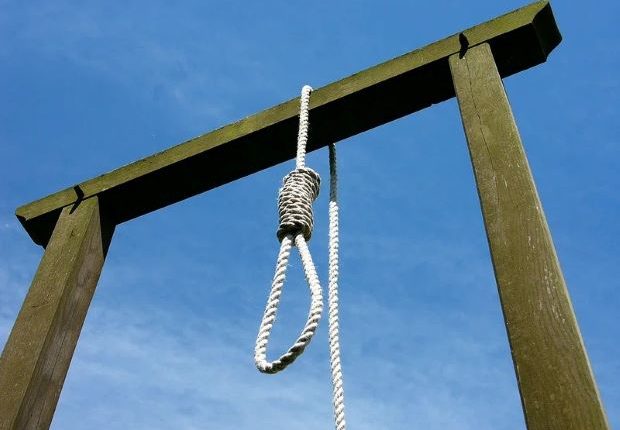COLOMBO – Sri Lanka may consider hangwomen for executioner posts for the first time in its history if capital punishment is resumed, State Minister of Justice and Prison Affairs Anuradha Jayaratne said, noting that the two hangmen hired in July 2019 have no work at all, as the last execution in Sri Lanka took place in 1976.
The hangmen, who are near their 40 years with a basic monthly salary of Rs 24,250 ($80), have yet to be trained for execution because Sri Lanka has not seen any executions though the government reinstated capital punishment in 2004 for cases of rape, drug trafficking and murder after the assassination of High Court judge Sarath Ambepitiya.
“I don’t see any reason why a woman can’t be in that position. But since it’s not in the practice, that question has not come to us. But, one day if we start this execution and it comes to the ministry, we would consider it as long as the woman is fit and even we do consider they are fit,” Jayaratne told reporters at a media briefing in Colombo on Thursday (14).
“They (women) are already equally treated in Sri Lanka. So, I personally believe they are fit for that.”
When the hangmen were recruited in 2019, the government specifically advertised for two men.
The Prisons Department began the recruitment process early in 2019 after the previous hangman quit in 2014, citing stress upon seeing the gallows for the first time. Another, hired in 2018, never turned up for work.
Former President Maithripala Sirisena in 2019 announced an end to a death penalty moratorium in force since 1976 to execute four people who were convicted for drug offences. But that never happened.
Local and international rights groups, along with former colonial masters Britain, Canada, the European Union and the United Nations have raised concerns about Colombo’s restoration of capital punishment.
Jayaratne said the current hangmen have not been trained because “there are no humans to train with”.
“But, if the time comes, they will be trained, but, at any given time we are in a position to carry out (executions). We don’t have an issue in carrying it out. It’s just a matter of giving the order,” he said, adding, “Right now we are working on a commitment that we will not go for any executions and especially if it needs to happen, we need to get the consent from the President.”
Noting that the president has to give his order to carry out the execution, Jayaratne said such an order has not come for quite a “lot of years” and that the president had given his commitment that an execution wouldn’t happen.”
Capital punishment still exists in Sri Lanka’s judiciary system, but it has always been commuted to a lifetime in prison.
“If there is an execution order, we give a pardon in a number of stages. If it’s the death penalty, we make it to 20 years after 20 years we change it to condemned,” Jayaratne said.
-economynext.com



Comments are closed, but trackbacks and pingbacks are open.